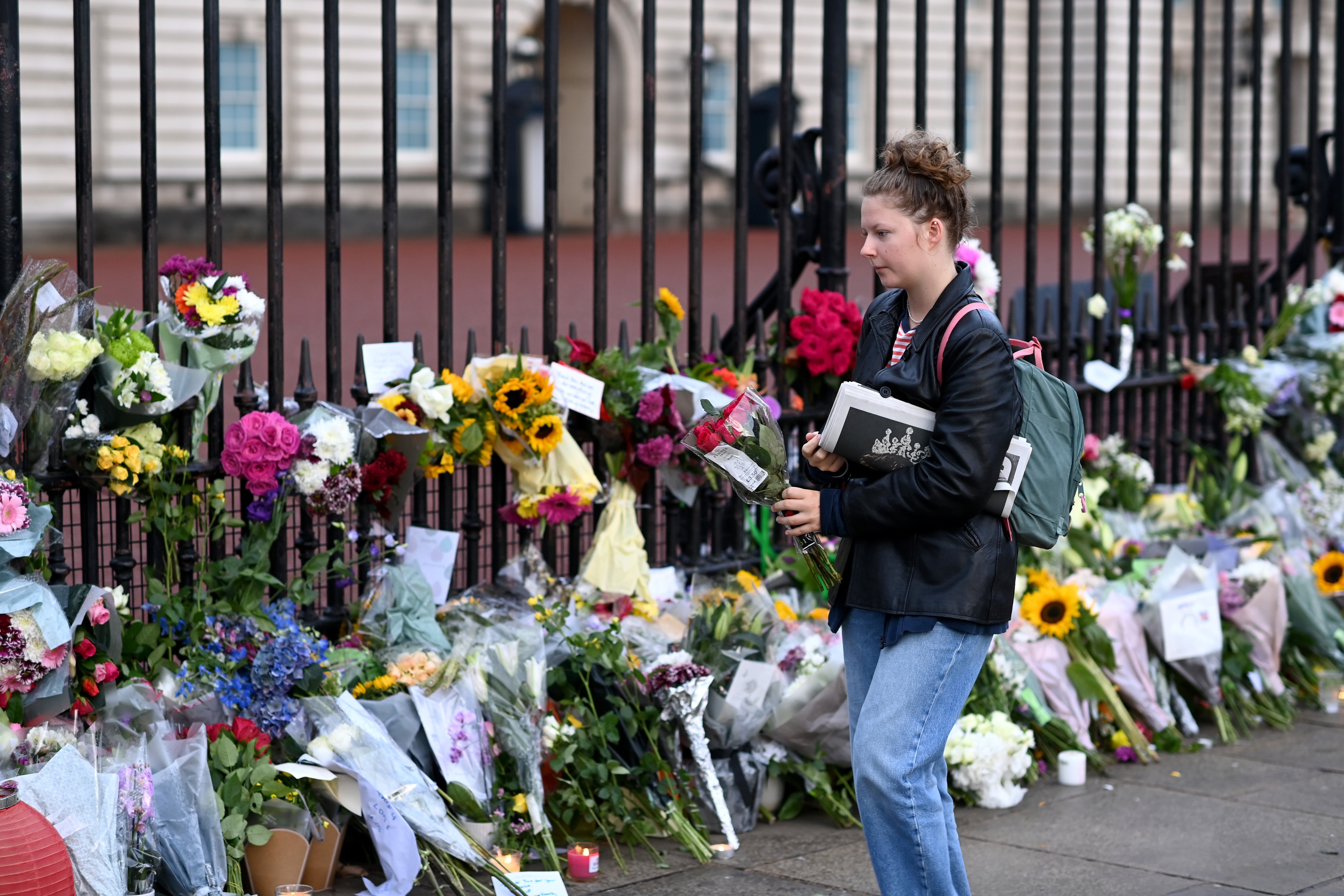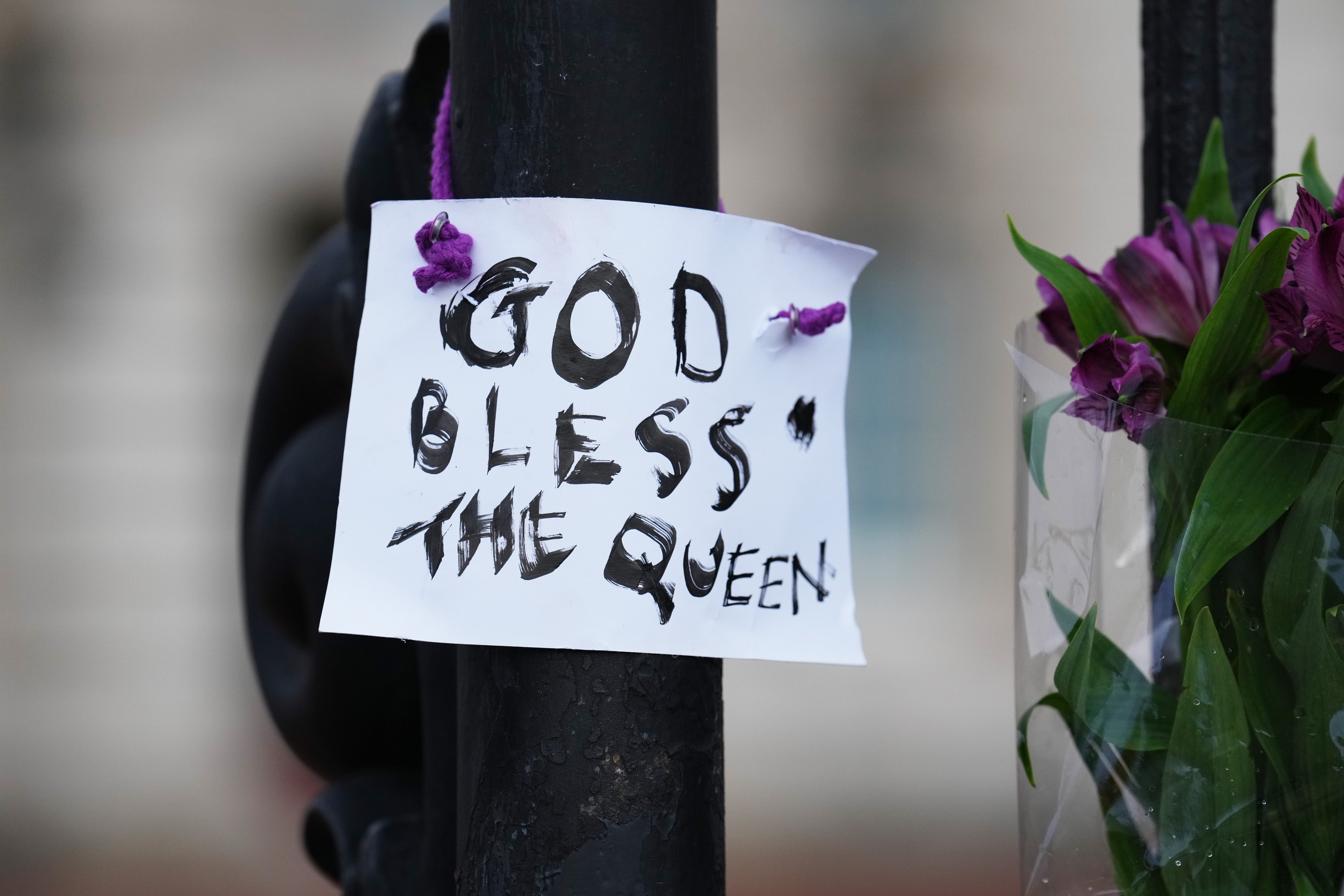
King Charles will formally be proclaimed monarch by the Accession Council at St James’s Palace on Saturday.
Queen Elizabeth II’s eldest son, who rushed to be at her bedside in Balmoral on Thursday, automatically became King upon his mother’s death.
The new monarch will shortly begin a tour of the UK home nations, including Northern Ireland and Wales.
However, he will first be in London, where will be welcomed as the new sovereign by members of the Privy Council. The ceremony will take place at 10am on Saturday in the State Apartments of St James’s Palace, Buckingham Palace said.
Historically, all privy counsellors are summoned to the Accession Council. However, this will not be the case on Saturday because of space restrictions.
Instead, only 200 of the more than 700 Privy counsellors will attend the historic ceremony. The meeting will be held before parliament sits to pay its condolences to the Queen.

Under plans drawn up under the name “Operation London Bridge”, the council was scheduled to meet the day after the 96-year-old’s death. But the schedule had to be pushed back by a day, given that the announcement of the Queen’s death came late on Thursday.
The Accession Council is led by Penny Mordaunt, who became Lord President of the Council earlier this week, with the Queen approving her appointment.
The former Tory leadership contender has yet to be officially “declared” Lord President, as a Privy Council meeting planned for Wednesday had to be postponed due to the Queen’s deteriorating health.
But No 10 confirmed on Friday that the Portsmouth North MP will officiate as “acting” Lord President of the Council. Ms Mordaunt will then get the title on a permanent basis after being declared so by the King.
The Lord President of the Council will first be joined at St James’s Palace by a select group of Privy counsellors, including the Great Officers of State and the Lord Mayor.
Ms Mordaunt will first announce the death of the Queen, before asking the clerk to read the text of the Accession Proclamation. This will confirm the chosen name of the new monarch as Charles III.

The Conservative MP will then sign the proclamation along with the Queen Consort, the Duke of Cambridge, the Lord Chancellor, the Archbishop of Canterbury, the Archbishop of York, the prime minister, the Lord Privy Seal, the Lord Great Chamberlain and the Earl Marshal.
Afterwards, Ms Mordant will give instructions for the dissemination of the proclamation and for the firing of guns at the Tower of London and Hyde Park.
King Charles III will then hold his first Privy Council meeting, making a personal declaration about the death of his mother.
Among other duties, he will promise to preserve the Church of Scotland and will sign two identical papers, known as instruments, recording the taking of the oath. The Privy counsellors in attendance will sign the proclamation before they depart.
This will be followed by the first public reading of the proclamation of the new monarch. Trumpeters will play a fanfare on the balcony at St James’s, while gun salutes are fired across the city.
The proclamation will later be read out in other British cities including Belfast, Cardiff and Edinburgh.
Official proceedings of the Accession Council will be published in the London Gazette.







